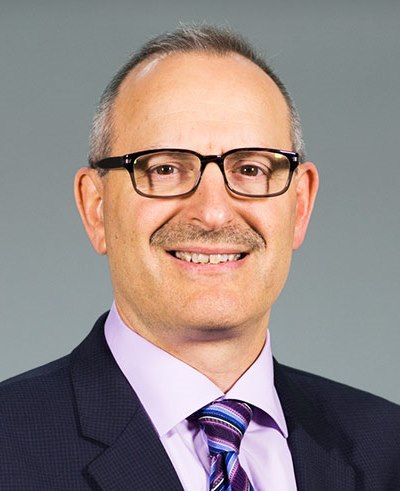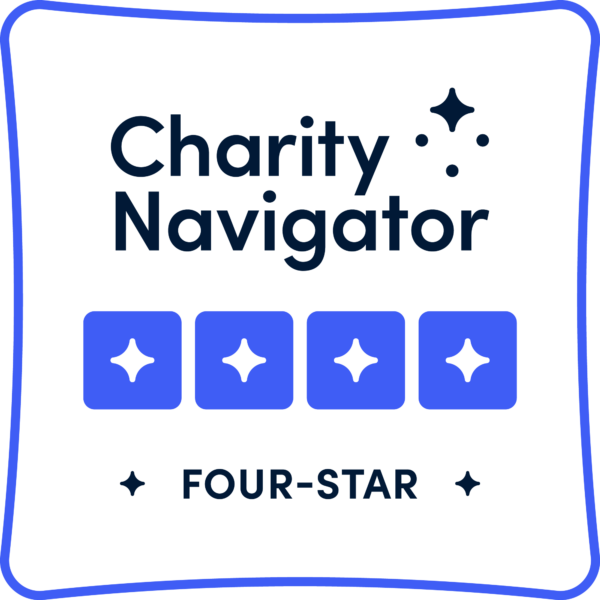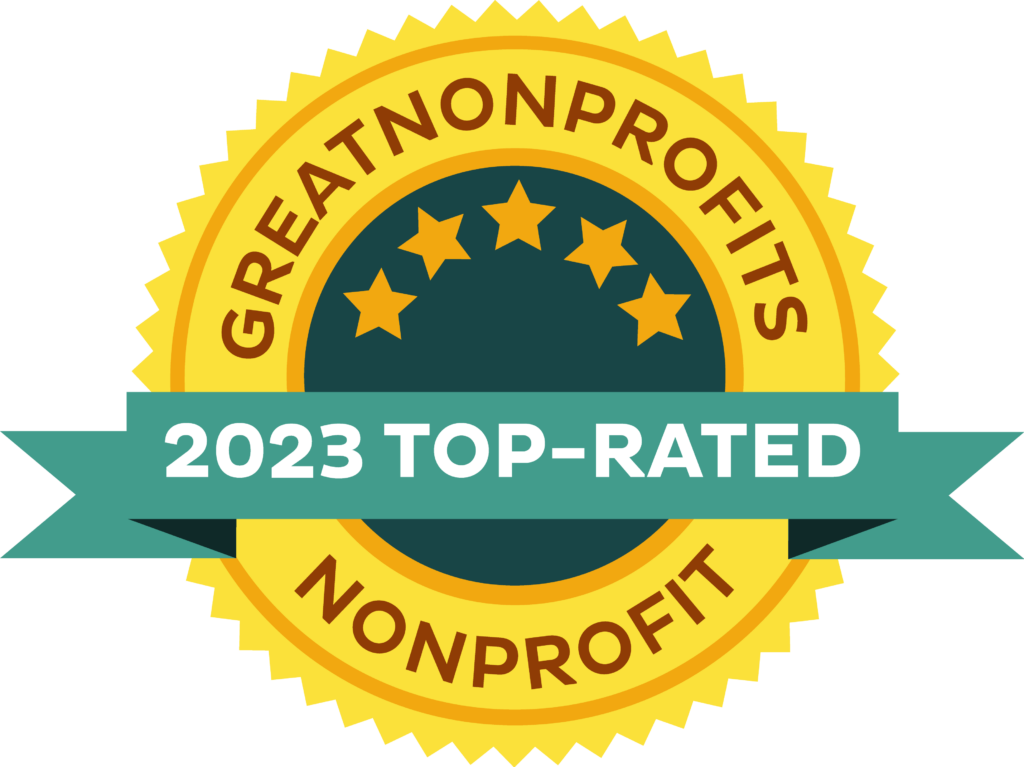Budding Ideas — The Skin Cancer Foundation is proud to have provided seed money to researchers for four decades.
Photo: Pulse/Corbis/Getty Images
Since 1981, The Skin Cancer Foundation has awarded more than $2 million in research grants to encourage ideas in skin cancer prevention, detection and treatment to bloom and flourish. In part 1, we speak to David Polsky, MD, PhD, chair of the Research Grants Committee, to learn the ins and outs of the program. In part 2, we meet Jesse M. Lewin, MD, a past awardee and new fundraising star for the Foundation, as well as our phenomenal 2021 grantees. Future breakthroughs are tended and made possible by people like you!
Almost as old as the Foundation itself, our Research Grants program has been providing funds for 40 years to launch innovative projects to fight skin cancer. Awarded to physicians and researchers in the first 10 years of their career, called Early Stage Investigators (ESIs), our grants are made possible by donations, large and small, from hundreds of supporters each year. Their generosity has helped us support researchers to advance the understanding of skin cancer, contributing to new insights and discoveries.
“The program is unique in that it is focused on all skin cancers,” says New York City dermatologist David Polsky, MD, PhD, chair of the Research Grants Committee. “While melanoma has recently gotten more grant funding from other sources, for nonmelanoma skin cancers it’s hard.”
The Foundation has funded more than 150 projects, many before their areas of focus became “hot topics.” For example, we awarded a grant way back in 1996 to a project developing an international telemedicine dermoscopy network center. In 2011, one grant funded critical research on combining immunotherapies and targeted therapies for melanoma treatment. Such combinations have contributed to the dramatic improvement in melanoma survival rates over the past decade. In 2018, another awardee first tested a vaccine for the human papillomavirus as a promising new treatment for squamous cell carcinoma (SCC), the second most common type of skin cancer.
Nourishing the Seeds
Each grant application is like a seed: it has all the possibility of growing into an incredible plant or flower, but only if someone invests necessary resources. With the help of grants, researchers get the materials they need to tend their seeds, which eventually may sprout many branches or even blossom into breakthroughs
For ESIs, the Foundation’s grants are often one of the earliest “sprinklers” to nurture their ideas, providing the researcher’s first vote of confidence. “It’s a validation of their work,” says Dr. Polsky, whose first interaction with the program was when he received an SCF Research Grant in 2007. “Someone says, ‘This idea has potential. We want to invest in this group.’ Somebody else believes in you.”

Shedding Light — As the SCF Research Grants Committee Chair, Dr. Polsky organizes and guides the experts who assess the candidates, while avoiding any conflicts of interest. Photo: Courtesy of David Polsky, MD, PhD
Dr. Polsky’s own experience with the program was so positive, it led him to begin serving on the Research Grants Committee and then to become its chair. “As a physician and scientist,” he says, “I can bridge the clinical world and the laboratory world. It’s important to get the correct expertise on the committee to evaluate the grants, but even more important to avoid any conflicts of interest. These physicians volunteer a good chunk of time to review the applications and spend time on our conference calls to discuss them. We want to fund the best science we can.”
Though the coronavirus pandemic locked many researchers out of their labs and clinics for a significant portion of 2020, a stellar crop of applicants arrived for Dr. Polsky and this year’s committee to diligently read, score and debate. See the 2021 committee members, below, and read part 2 of this story to hear about our 2021 grantees!
Enriching the Soil
Dr. Polsky regrets that with so many extraordinary applicants, there is currently only enough funding to award three grants each year (currently two one-year grants of $50,000 and one at $25,000). “We would love to award more money,” he says. “If we could get someone to pledge, say, $50,000 for two years, we could award a grant with the possibility to renew if satisfactory progress has been made after the first year. With two years of support, researchers could propose something bigger.”
Nevertheless, the grants have grown to cover a diverse array of topics over the years. And even as scientific methods get more advanced, the core aim of the program is still the same. “When I think about it, we want to improve people’s lives,” says Dr. Polsky. “Ultimately, there can be many different ways to get there.”
Small innovations can grow into major breakthroughs over time. We can’t wait to see what the seeds of this year’s grant awardees might yield.
The 2021 Skin Cancer Foundation Research Grants Committee
David Polsky, MD, PhD, Committee Chair Alfred W. Kopf, MD, Professor of Dermatologic Oncology, Ronald O. Perelman Department of Dermatology, NYU Langone Medical Center, New York City
Leonard H. Goldberg, MD, DermSurgery Associates, Houston, and Chief of Dermatology, Houston Methodist Hospital
Aleksandar Sekulic, MD, PhD, Associate Professor, Vice Chair, Department of Dermatology, Mayo Clinic Arizona, Phoenix
Vijayasaradhi Setaluri, PhD, Professor, Dermatology Research Laboratories, University of Wisconsin–Madison
Henry K. Wong, MD, PhD, Professor, Department of Dermatology, College of Medicine, University of Arkansas for Medical Sciences, Little Rock





